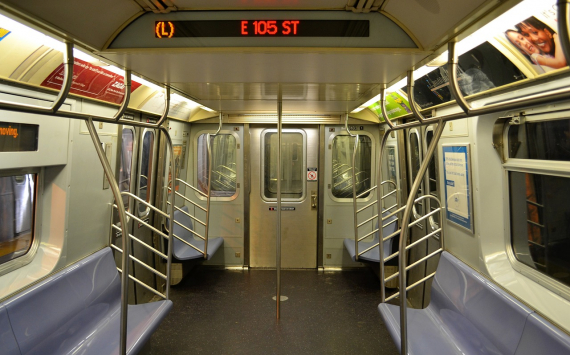
Beyond the commute
US mass transit is in crisis due to the pandemic and remote work, with smaller systems recovering quickly while larger ones like WMATA and BART struggle to survive.
Financial Peril
In the age of remote work, transit systems struggle as white-collar workers, their primary revenue source, are not commuting. Major transit systems in the US, such as WMATA and BART, are suffering from a drastic drop in ridership. BART’s ridership is at 40%, and WMATA’s at 50%, with other transit systems also experiencing similar declines.
Implications of the Crisis
Transit systems face a decline without more funding as COVID-era federal funds run out. Shortened operating hours, wider intervals, station closures, and reduced maintenance and upgrades are likely. This could lead to less frequent, lower-quality service and fewer riders, causing a cycle of decline. To avoid this, states and municipalities must provide the necessary funds to plug the gaps.
The Repercussions of a Transit Collapse
A collapse in mass transit can hurt millions of Americans dependent on subways and buses. This could cause more traffic, air pollution, and carbon emissions in cities, which goes against the fight against climate change. Also, it may lead to people moving from the city to the exurbs, making it challenging to decarbonize the economy.
Possible Solutions
Municipalities can alleviate the transportation crisis by promoting remote work, investing in housing, and enacting policy changes. This can boost transit ridership and make mass transit more attractive. Converting downtown office buildings into apartments is also possible through remote work. These measures can lead to a better transportation future.
The Need for Funding
For mass transit systems to survive the sudden shift in white-collar workers' commuting habits, state funding is crucial. Transit advocates must highlight the benefits of high-functioning transit systems to convince politicians to invest. These benefits include reducing traffic, improving air quality, stabilizing the climate, and boosting economic growth.
Optimizing Function
To improve mass transit, agencies must prioritize reducing trip times and improving reliability. Speed is a crucial factor that determines whether people choose mass transit over a car. Consistently running fast trains are a more convenient option for commuting in urban areas than taxis.






